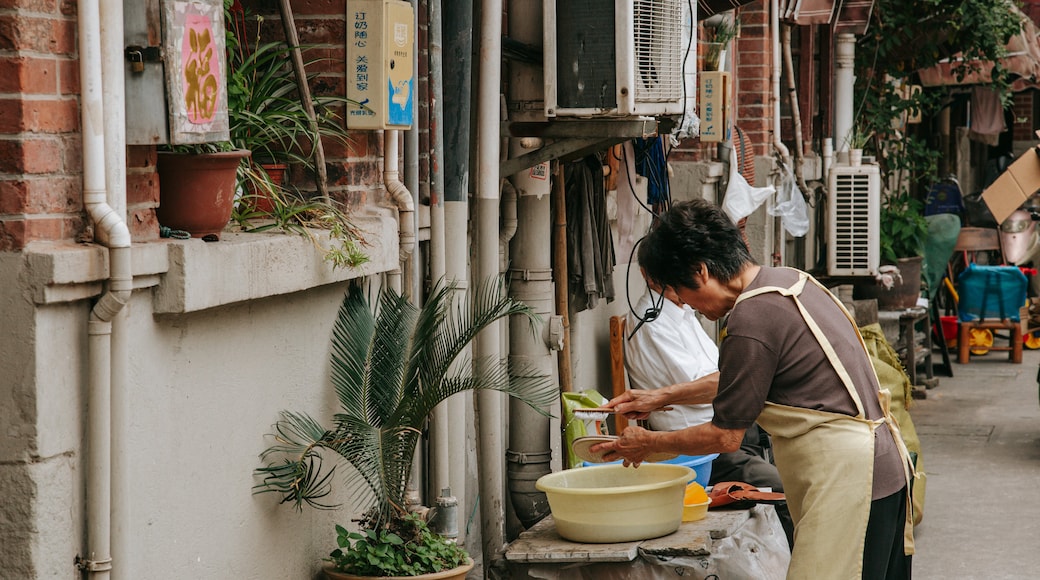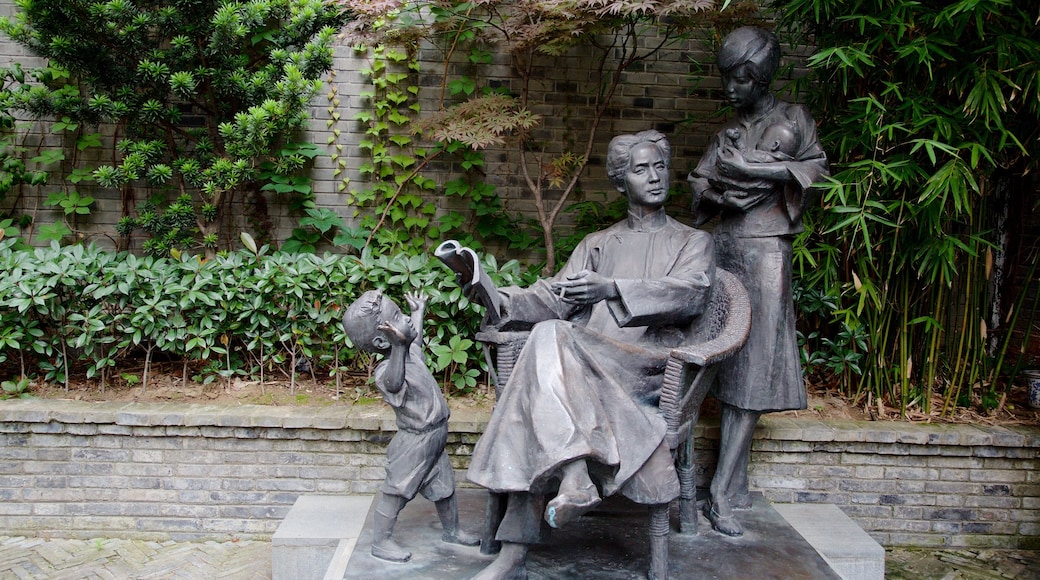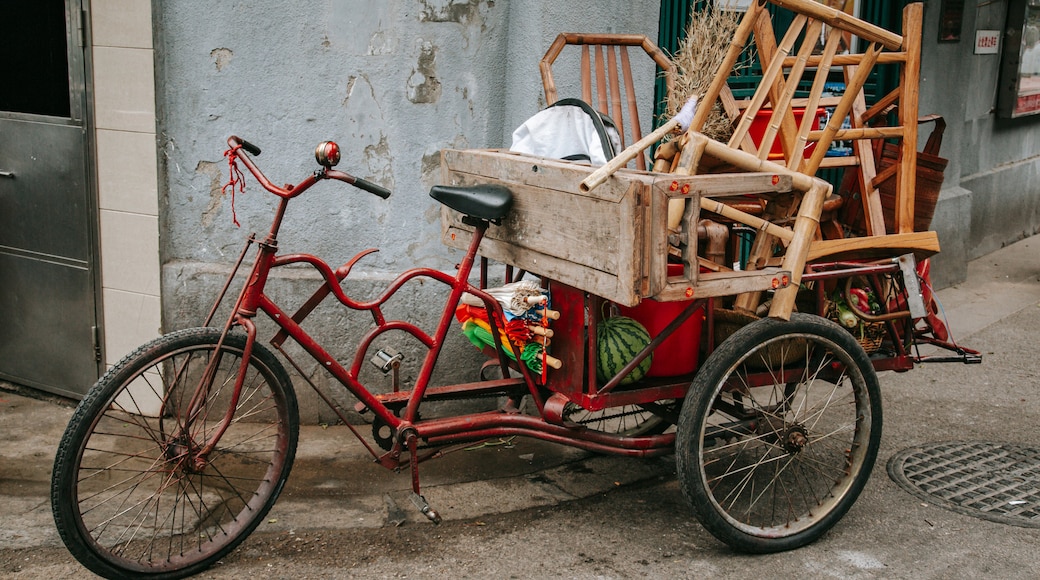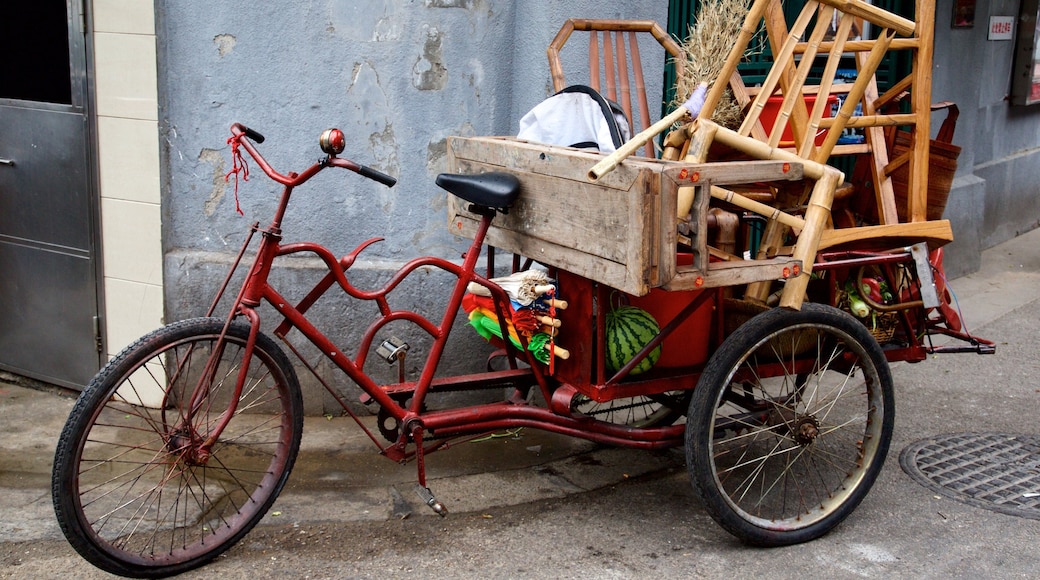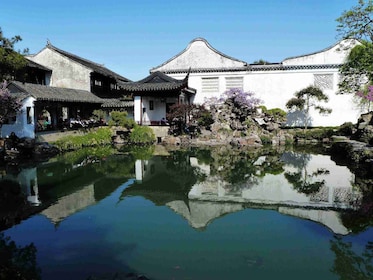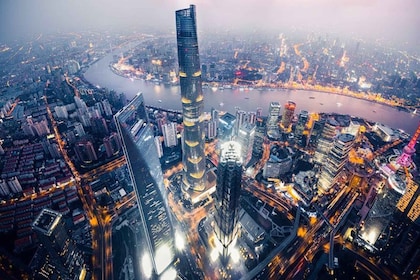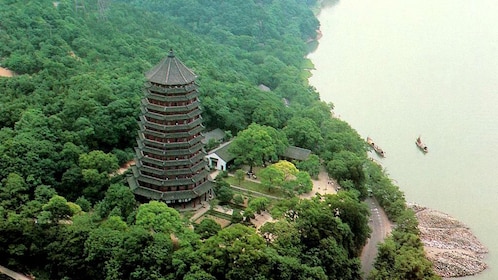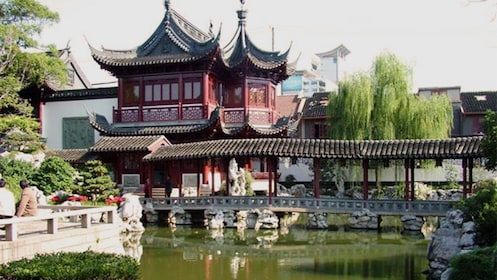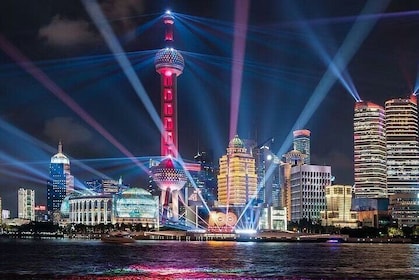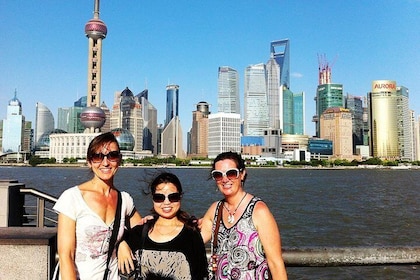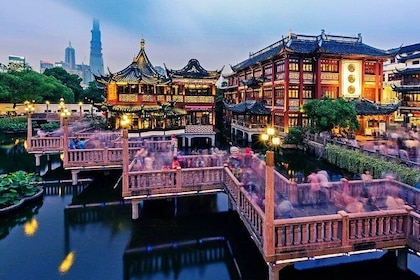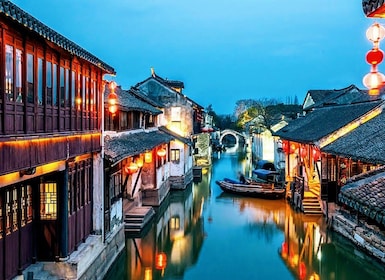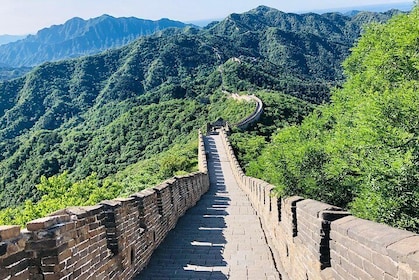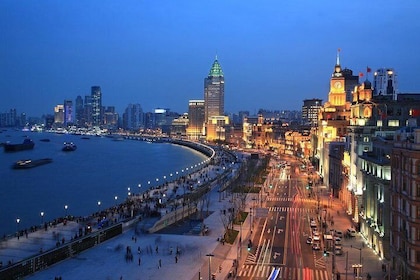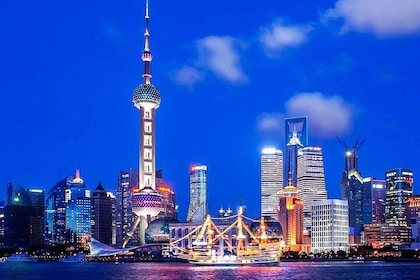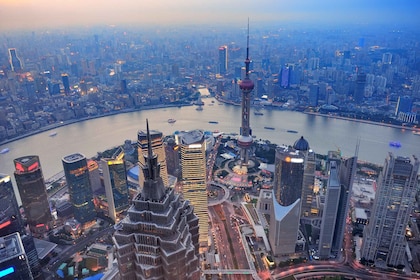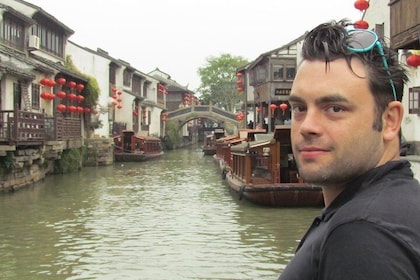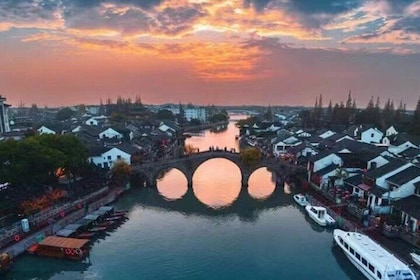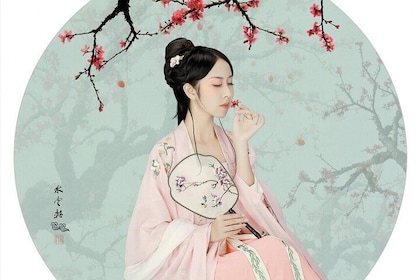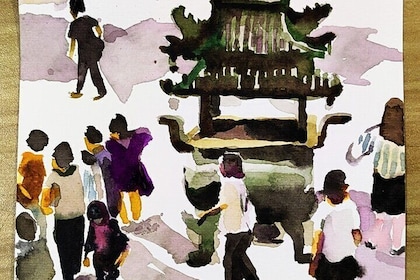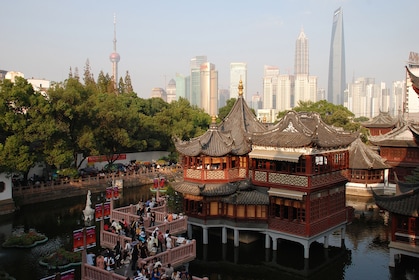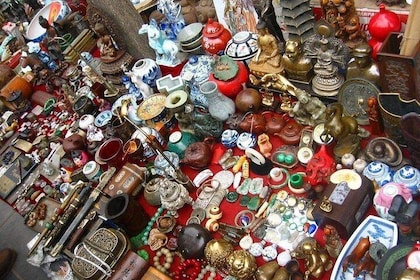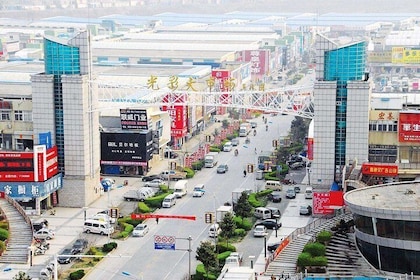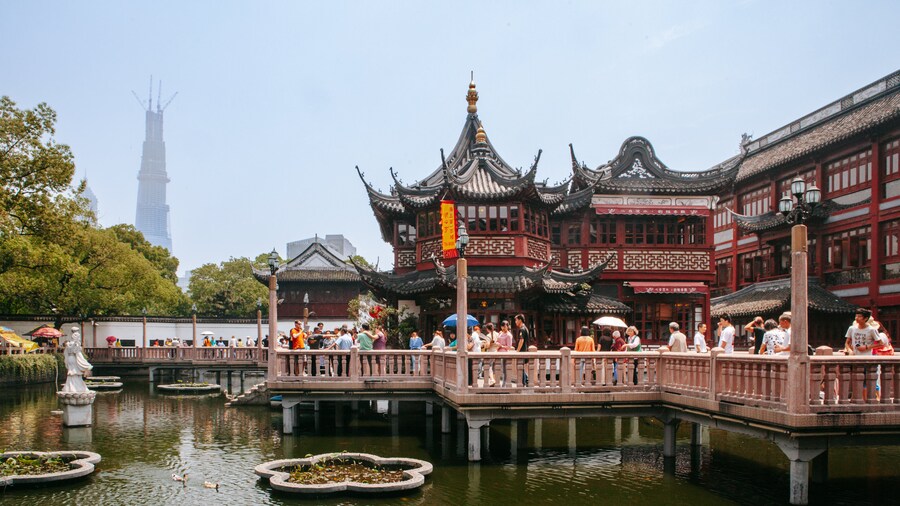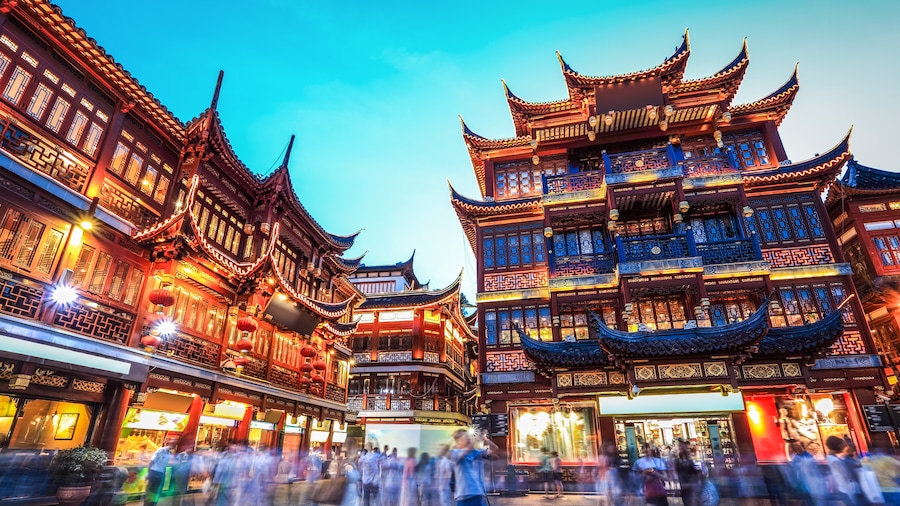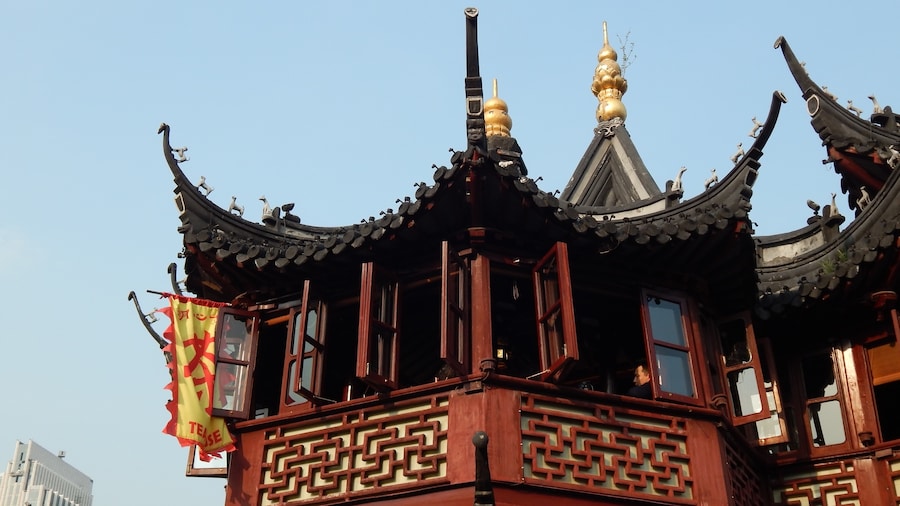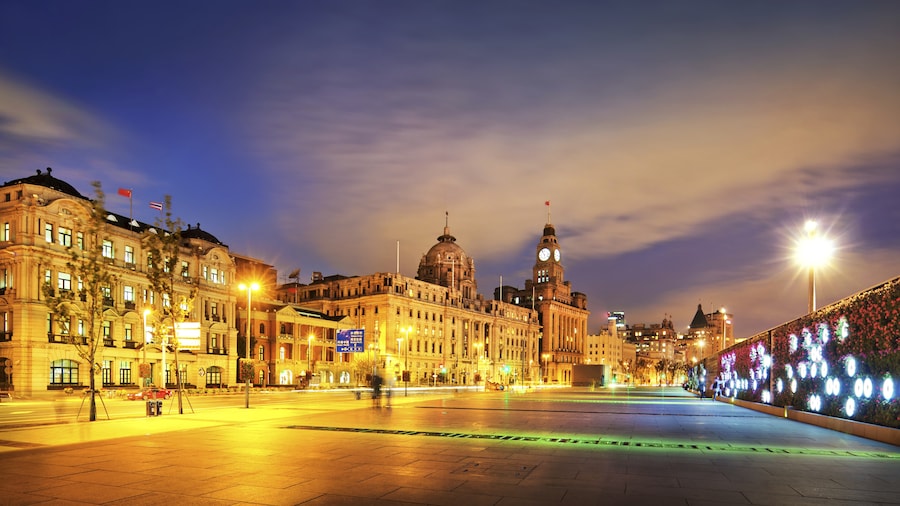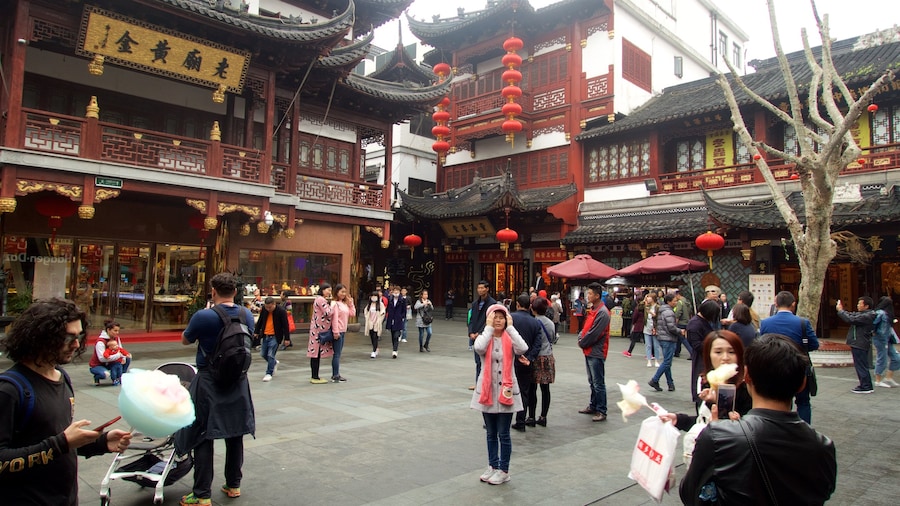Stroll down this historic street lined with buildings that showcase the city’s architectural evolution from the Ming and Qing Dynasties to the 20th century.
Shanghai Old Street is a recently restored area featuring gorgeous traditional houses. As you walk from west to east, note how the buildings’ architectural styles evolve from typical Ming dynasty buildings to Chinese Republican designs. The buildings host specialist shops selling everything from jade jewellery to calligraphy manuals.
Also known as Fangbang Zhong Lu, this street is divided into eastern and western sections. Walk down the eastern end, where shops and residences are modelled after buildings from the late Qing dynasty. Notice the buildings’ upturned roof eves and horse-shaped wall tops, characteristic of architecture during this period.
On the west end of the street, buildings are designed after classic Ming and Qing dynasty architecture. Admire their red pillars, lattice windows, black tiles and whitewashed walls.
Check out the Temple of the Town God, which was first founded in the 15th century. Destroyed and rebuilt several times over the centuries, this temple is now a popular place for local residents to offer incense to their favourite town gods in hopes of receiving good fortune. Look for beautiful carvings on the roof above the main hall, which houses the statue of General Huo Guang.
Look inside some of the older shops along the street, including Chunfeng Deyi Teahouse, located near the intersection with Xiaochang. Visitors here can enjoy a cup of traditional Yuan Bao Tea, made with two olives as a symbol of good luck. Stop by the teahouse on Saturday or Sunday to see Ping Tan, a storytelling and ballad-singing performance.
Don’t miss the antique collection at the Old Shanghai Teahouse. Gathered by the teahouse’s owner over the years, the pieces are presented in chronological order from the late Qing dynasty to the founding of the People's Republic of China. If you’re hungry, this teahouse is a perfect place to snack on Shanghai-style steamed buns or spicy noodles.
Explore Shanghai Old Street at any time. The street is marked on either end by large decorative arches. To get here, take the bus or subway to Laoximen or Yuyuan Station. Couple your visit with a stop at Yuyuan Garden.
